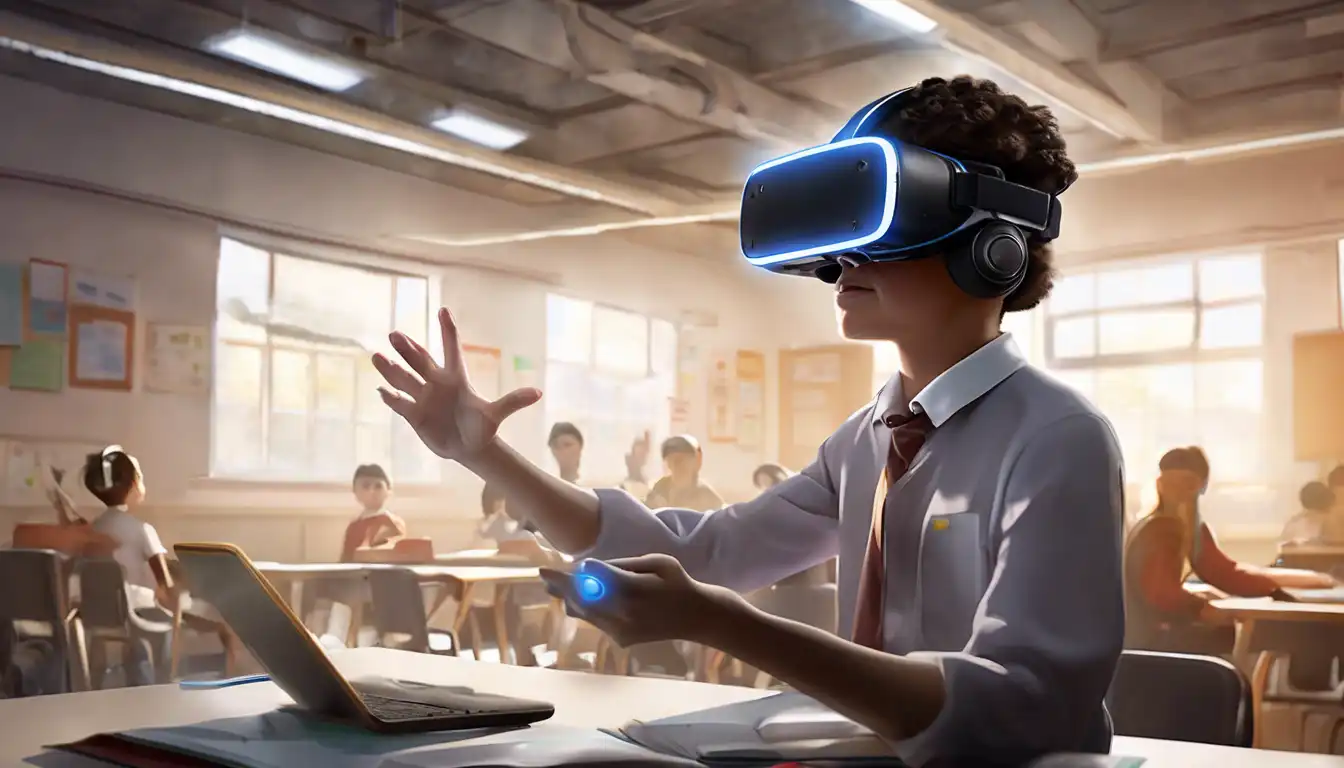The Transformative Impact of Virtual Reality on Learning and Skill Development
Virtual Reality (VR) technology has rapidly evolved from a futuristic concept into a practical tool in various sectors, notably in education and training. Its immersive nature offers unparalleled opportunities for engaging learners, enhancing comprehension, and simulating real-world scenarios without the associated risks or costs.
Why VR in Education?
VR in education transcends traditional learning boundaries by providing immersive, interactive experiences that cater to different learning styles. Whether it's exploring the human body in 3D, walking through historical sites, or conducting virtual chemistry experiments, VR makes learning more engaging and effective.
VR in Professional Training
Beyond the classroom, VR is revolutionizing professional training across industries. From healthcare professionals practicing surgeries to mechanics learning to repair engines, VR provides a safe, controlled environment for hands-on experience without the real-world consequences.
Benefits of VR in Education and Training
- Enhanced Engagement: VR's immersive nature captures learners' attention, making education more interactive and enjoyable.
- Improved Retention: Studies show that learning in a VR environment can significantly improve information retention.
- Safe Learning Environment: VR allows for the simulation of dangerous or expensive scenarios without any risk.
- Accessibility: VR can bring distant or inaccessible locations and experiences to learners worldwide.
Challenges and Considerations
Despite its potential, VR in education and training faces challenges such as high costs, the need for technical infrastructure, and the development of quality content. However, as technology advances and becomes more affordable, these barriers are gradually being overcome.
The Future of VR in Learning
The future of VR in education and training is bright, with ongoing advancements in technology making it more accessible and effective. As educators and trainers continue to explore its potential, VR is set to become an integral part of learning and professional development.
For more insights into how technology is transforming education, check out our article on The Role of AI in Education.
Virtual Reality is not just a tool for entertainment but a powerful medium for education and training. Its ability to simulate real-life scenarios, engage learners, and provide hands-on experience without the associated risks or costs makes it an invaluable asset in the modern educational landscape.
